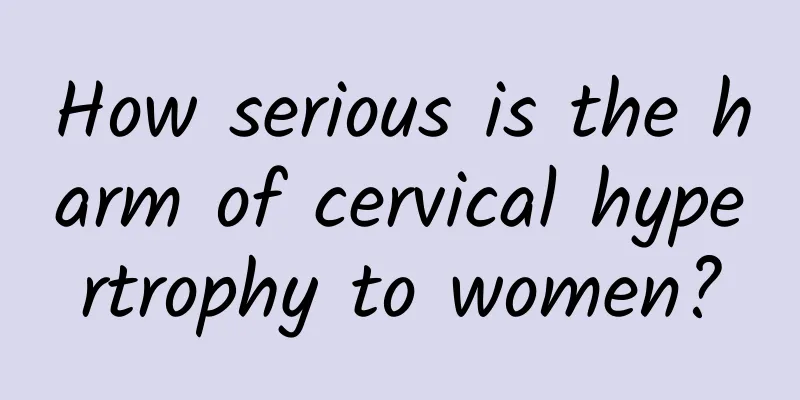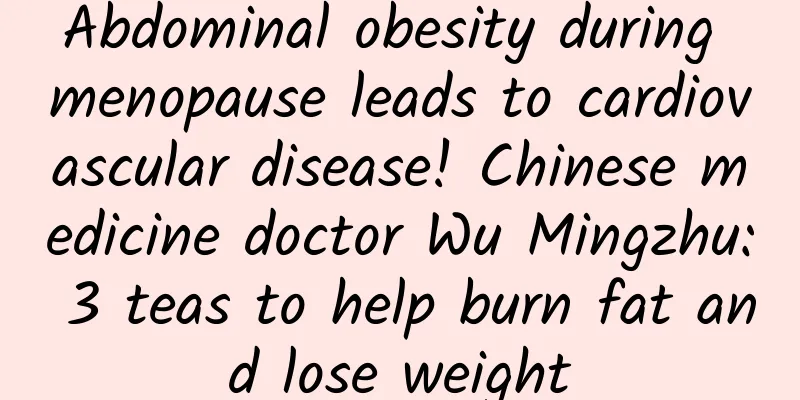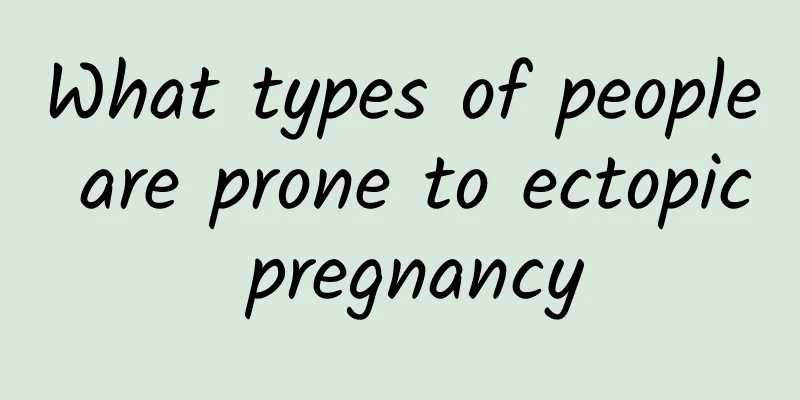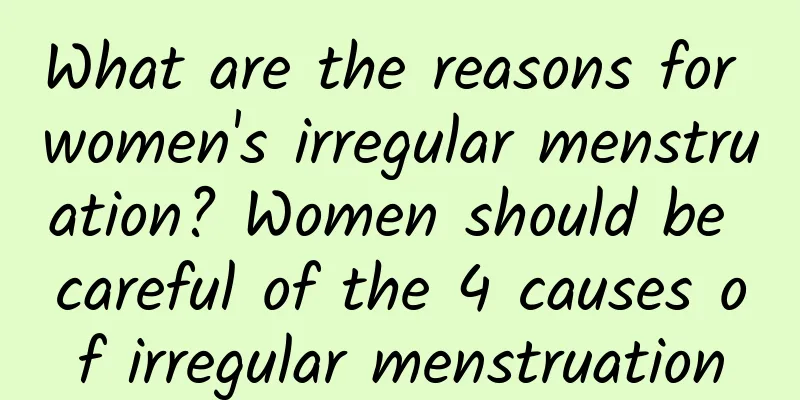What are the symptoms of uterine fibroids and how to treat uterine fibroids
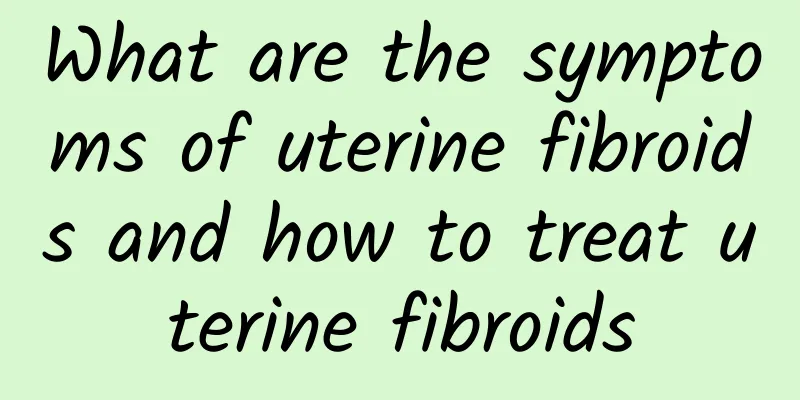
|
Experts recommend treating uterine fibroids as soon as possible. First, you need to understand the symptoms and treatments of uterine fibroids. What are the symptoms of uterine fibroids: (1) Menstrual changes. If your normal menstrual cycle changes, your menstrual blood volume increases, your menstrual period becomes longer, or your menstrual period becomes irregular, you should consider it. (2) Pain. Most patients with uterine fibroids do not feel pain, but a few may experience lower abdominal pain after fibroid infection or uterine deformation. (3) Lumps. The lump may be felt in the lower abdomen, especially when the bladder is full of urine. (4) Pressure. Most patients with uterine fibroids do not feel anything. However, if the fibroid is located low, even if the tumor is not large, it can compress adjacent organs such as the bladder, causing difficulty in urination; if it compresses the rectum, defecation becomes difficult; and if it compresses the ureter, symptoms such as back pain may occur. (5) Infertility: A small number of patients with uterine fibroids may suffer from infertility because the deformation of the uterus makes it difficult for the fertilized egg to implant. Treatment of uterine fibroids: 1. Conservative treatment Conservative treatment of uterine fibroids must meet the following conditions: tumor size does not exceed 6 weeks of pregnancy; menopausal, asymptomatic; patients who cannot tolerate surgical pain. Conservative treatment is divided into two categories: expectant treatment and drug treatment. 2. Surgical treatment The conditions for surgical treatment are as follows: the size of the fibroid is close to the uterus of pregnancy for more than one and a half months. However, if the fibroid grows rapidly, the fibroid protrudes from the abdominal cavity and has a tendency to twist, surgical removal should also be performed. Surgical treatment is divided into hysterectomy and hysterectomy and laparoscopic myomectomy. 3. Minimally invasive coagulation knife technology This is a high-end medical technology that integrates various electronic technologies. It is suitable for the following people: patients with large uterine fibroids that cause pelvic congestion, obvious clinical compression or depression symptoms; patients with increased uterine volume up to 3 months of pregnancy, increased menstrual volume, and severe secondary anemia. After uterine fibroids occur, we have introduced some symptoms and treatment measures in detail. Mastering this knowledge can help women discover it in time. We hope that understanding these treatment methods can help women avoid misunderstandings during the treatment process. |
<<: What are the symptoms of uterine fibroids? Can uterine fibroids also cause urinary difficulties?
Recommend
Can sauna and massage remove subcutaneous fat? Eliminate subcutaneous fat by doing this
How to eliminate the three types of body fat? To ...
Which hospital is good at treating congenital absence of uterus and vagina?
The number of people suffering from congenital ab...
Six hidden dangers of early pelvic inflammatory disease
Pelvic inflammatory disease has a serious impact ...
What should I not eat after having an abortion? What should I eat after having an abortion?
What should I not eat after having an abortion? W...
How to treat cervical erosion after abortion? These methods are very effective in treating cervical erosion.
Nowadays, there are a lot of women who choose abo...
Two major internal and external factors that cause ovarian cysts
The cause of any disease can be discussed from tw...
Populations prone to endometrial tuberculosis
Who are the most susceptible to endometrial tuber...
The key to losing weight: Eat good oils and metabolize bad oils
Many people are afraid of getting fat, so they da...
What are the causes of vulvar itching?
Vulvar itching is actually caused by many disease...
How to completely cure pelvic peritonitis
Many women are very distressed when they suffer f...
What are the treatments for adnexitis?
Treatment of adnexitis is urgent. Why? Adnexitis ...
Introduce the common causes of cervicitis
Gynecological inflammations such as cervicitis gi...
What to do if ovarian cysts are prone to recurrence
Ovarian endometriosis cyst is a type of endometri...
Do I need my family's signature to have an abortion when I am 18?
Abortions at the age of 18 usually do not require...
Don’t take persistent dysmenorrhea lightly
There are many factors that lead to dysmenorrhea....
